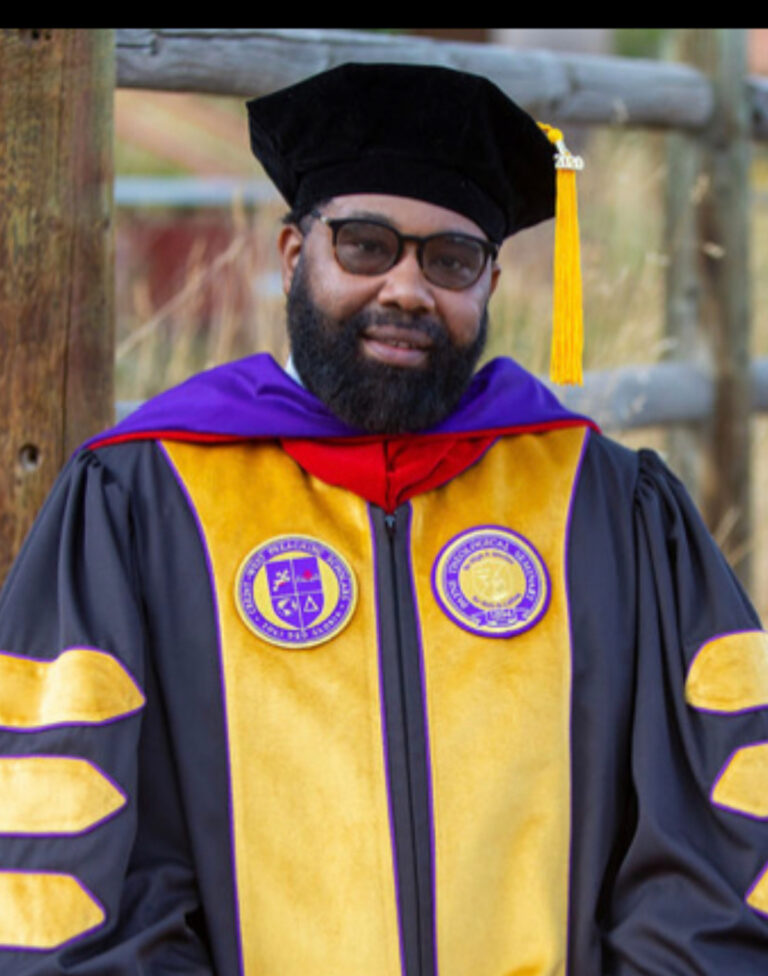Vouchers given new life in Colorado: major political battle looming
Last week the U.S. Supreme Court guaranteed that this November’s school board election in Douglas County will be a major battle with national implications. The court reversed the Colorado Supreme Court’s decision striking down the Douglas County voucher program, ordering Douglas County School District v. Taxpayers for Public Education to be reconsidered in light of Trinity Lutheran Church v. Comer, which the court ruled on the day before. The court’s reasoning in Trinity Lutheran should lead the voucher program to be upheld. For those who oppose the program, their best chance to stop it will come in November when four out of Douglas County’s seven school board seats will be up for grabs. Expect a vicious fight that will make the conflict in Jefferson County two years ago look tame.
The issues in Trinity Lutheran seem far removed from school vouchers but they are united by Blaine Amendments. Blaine Amendments were added to some 37 states constitutions largely during a spasm of anti-Catholicism in the late 1800s. These amendments prohibited states from giving aid to a sectarian institutions – at the time sectarian was a code word for Catholic. The nation’s Protestant establishment was deeply alarmed at the rising number of Catholic immigrants and feared that Catholic schools would undermine public schools, which were essentially Protestant schools. As well, if Catholic schools could not receive public aid, parents might not be able to afford to send their children to the Catholic school, requiring them to attend the public school where they would be fed a steady diet of good Protestant values.
Trinity Lutheran arose in 2012 when Missouri told the Trinity Lutheran Church of Columbia that its preschool could not participate in a grant program for nonprofits to install rubberized playground surfaces made from recycled tires. The reason? The state Blaine Amendment. The church sued arguing that this was unconstitutional discrimination under the Free Exercise Clause of the First Amendment. The Supreme Court agreed. At the core of the Supreme Court’s Free Exercise jurisprudence is the principle that “laws that…impose disabilities on the basis of religion” are unconstitutional. Missouri’s clearly did that.
The court explicitly declined to extend its reasoning beyond Trinity Lutheran. But the next day it reversed and remanded the Douglas County voucher case. Even though the court’s reasoning in Trinity Lutheran was narrow it should (or could) force the state Supreme Court to reach a different conclusion. The original decision was itself quite strained. The majority held that giving money to parents constituted aid to religious schools which the Blaine Amendment forbids. But that would lead to absurd results if applied consistently. When the government gives money to individuals, it is their choice what to do with it. If someone on welfare uses that aid to go to church, that is not aid to the church.
As well, the very idea that government cannot aid religion is unworkable. If a city builds a road that parishioners use to attend Mass, that’s aid. If a fire breaks out at a synagogue and the fire department puts it out, that’s aid. Instead, the proper constitutional position is neutrality; otherwise, government must discriminate against religion in violation of the Free Exercise Clause. In the voucher case, religious schools and parents that support them are being punished simply because of their religious character, the same kind of disability the court struck down in Trinity Lutheran.
But voucher supporters shouldn’t rejoice. Opponents of school choice, both vouchers and charter schools, have been waging a successful war against school choice across Colorado. Sometimes resorting to obscene gestures and physical intimidation to attack their opponents, anti-reform advocates have won a string of recent school board elections and recall elections. Those forces will concentrate their attention on Douglas County this fall. The board is currently split 4-3 in favor of the voucher program but the terms of all four supporters expire in November. It would be surprising if voucher opponents didn’t pick up at least one seat. If that happens, expect the board to kill the program and the lawsuit. The state supreme court would then declare the issue moot allowing Blaine and its ignominious history to survive.











